The 2023 National Population and Housing Census is to commence on May 3. The counting exercise was initially scheduled for between 29 March and 2 April in all the 774 local government areas of Africa’s largest population but was shifted because of the 2023 elections and the amendments to the electoral timetable. The 2023 Census
The 2023 National Population and Housing Census is to commence on May 3. The counting exercise was initially scheduled for between 29 March and 2 April in all the 774 local government areas of Africa’s largest population but was shifted because of the 2023 elections and the amendments to the electoral timetable.
The 2023 Census of Nigeria will be a detailed enumeration of the Nigerian population. It will be the fifth national census in the country since Independence. Census has always been a controversial exercise in Nigeria. Most of the outcomes of the census has been disputed due to over-inflation of figures. The 2023 Census will be Nigeria’s first Digital Census and will change how the Census is being conducted in Nigeria before now.
Despite repeated assurances from the National Population Commission (NPC) that the 2023 Census will meet global best standards, there has been so much skepticism about the impending census as there hasn’t been much evidence on the ground to suggest the imminence of such an activity nationwide.
Perhaps the preparations have been subsumed by activities relating to the general elections and especially the presidential election results that are still being contested and may not be finally be determined by the Supreme Court until the last quarter of this year. The Courts have a total of 240 days to unravel all the tangles in the election.
If the 2023 election was said to have been plagued by apathy, despite its hyped reliance on technology, (less than 25 percent of registered voters participated in the election) a worse apathy perhaps awaits the 2023 census, given the mood of the nation. The outcome of the 2023 election has dampened morale and may have shaken the faith of some sections of the country in the Nigerian project.
The NPC, is determined to go ahead with the election for which a handsome budget has been committed. On its website, the NPC claims that “the 2023 Census will be Nigeria’s first Digital Census and will change how the Census is being conducted in Nigeria.” This claim is repeated in their other public relations outings and documents. Only time will tell the sincerity of these claims.
Having critically reviewed NPC’s claims, and situated them within Nigeria’s prevailing circumstances, it is believed that Nigerians have sufficient reasons to be concerned about the accuracy and integrity of the entire process. This has necessitated calls from different quarters for the postponement of the census.
Governor Samuel Ortom of Benue state fired the first salvo in this direction, alluding to the fact that some of his citizens are scattered all over because of persistent attacks from Fulani herdsmen.
He has since been joined by the Methodist Church Nigeria, Diocese of Calabar who has called on the federal government to postpone the 2023 population and housing census. In a 9-point communique issued at the end of it’s 47th Annual Synod, the church held that there has been high level of insecurity in the country, which reason they called for suspension of the exercise. The Church pointed out that some areas in the country are being occupied by Boko Haramists, bandits and other undesirable elements.
It is believed in some quarters that this year’s census figures will be more accurate and credible because the outgoing President has not shown any partisan interest towards its conduct, such arguments are countered by those who say the vested interests in the census outcomes are deeper than the President. Government interference had been a factor against credible census in the past.
Though, the NPC has said there was no need for movement of people from where they reside to their states of birth, different ethnic nationalities have been educating their indigenes who reside wherever in the country on how to answer enumerators questions on the issue of language they speak and their ethnicity. The National Population Commission (NPC) has said the 2023 Population and Housing Census would not ask questions on religion and ethnicity.
These are being avoided due to the volatile nature of these items in our national discourse, it was agreed that religion and ethnicity should not be included in the census questionnaire in order to insulate the census process and outcomes from unnecessary controversies.
Also, there will be no public holiday during the census. The commission stated further that everyone living in the country, including foreigners, would be counted as it urged people to make themselves available. During the census even the homeless people are counted.
Some Nigerians want the the Federal Government to allow for systems and processes to be subjected to a series of multi-stakeholder audits and integrity tests to avoid the kind of hiccups that developed from the INEC IReV portal. Sceptics believe that, if this is not done, to test the credibility of the process, the exercise may end up being a waste of the billions of taxpayers’ money that would be invested into it.
About $1.8 billion has been earmarked by the National Population Commission (NPC) for this year’s 2023 national population and housing census. The National Population Commission has put the cost at more than N400 billion. This is much higher than was spent on the 2023 elections.
History of population census in Nigeria has been mired in controversies. The 1962 census which was the first since independence had its outcome cancelled after a heated and prolonged controversy over inflation of figures in some regions. The result showed a Nigeria population of 45.26 million with Northern Nigeria having 22.01 and the other regions in the south having a total of 23.25 million people. The North rejected the figures.
The exercise was repeated in 1963 and though the figures were still disputed but they were accepted for development planning purpose and revenue allocation. Though census is expected to be held every ten years, the next one did not hold until 1991 with the results announced in 1992.
The 2006 census applied some technological advancement by employing the Geographic Positioning System (GPS) and Satellite imagery and at the end of the exercise, Nigeria’s population was put at 140 million. That is the figure that had been used in the last 17 years to project the population of the country.
Will 2023 Digital Census Give Nigeria Accurate, Realistic, and Credible Population Figures? The National Population Commission is optimistic, it will. Some Nigerians doubt that optimism. A majority of Nigerians have, however, adopted a wait and see attitude. Whatever will happen, shall be seen in the next two weeks barring any further postponement.



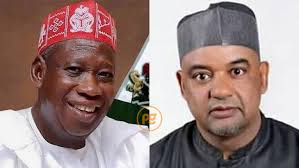
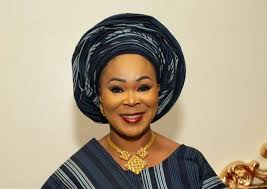
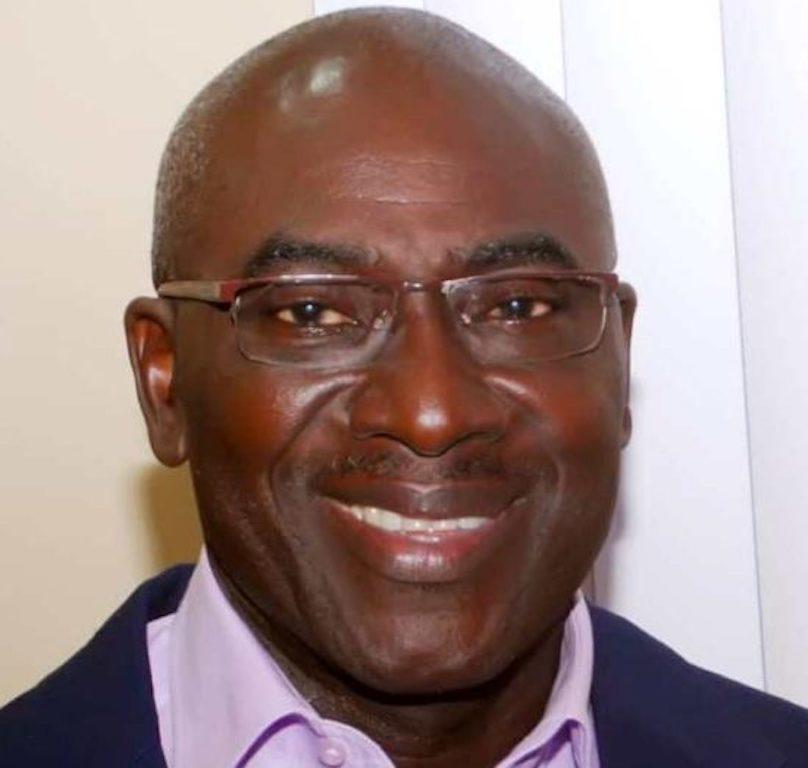
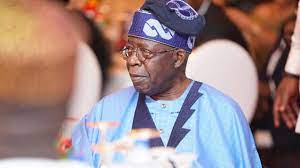


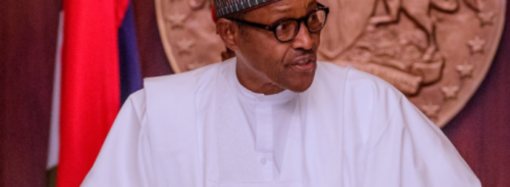

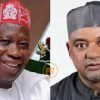
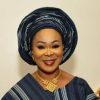
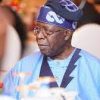






Leave a Comment
Your email address will not be published. Required fields are marked with *